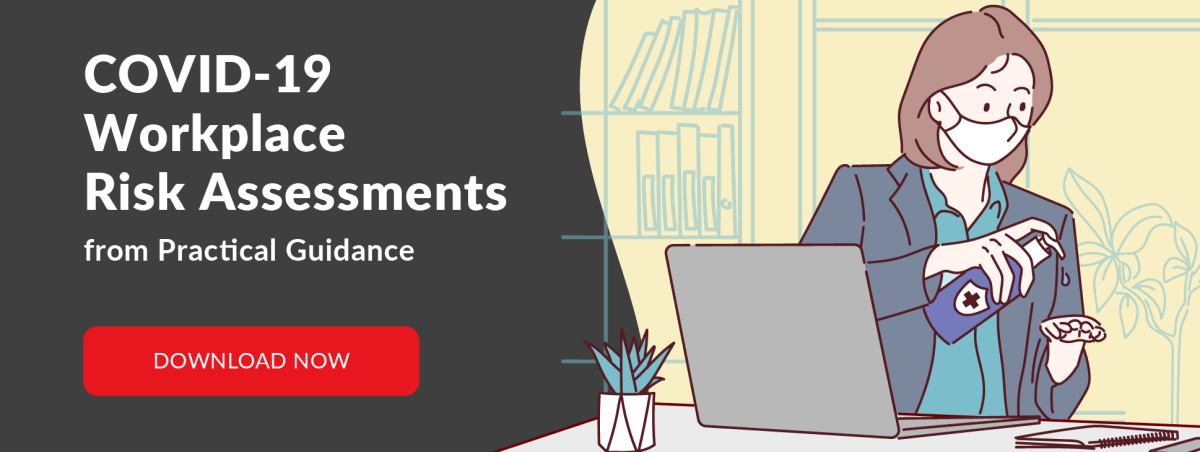
from LexisNexis® Practical Guidance
As the rapid rollout of COVID-19 vaccines brings the opportunity to return to permanent 9-5 office hours, businesses are obliged under work health and safety legislation, to ensure the health and safety of workers while in the workplace.
The issue is not just about when a business can lawfully and reasonably direct an employee to return to the workplace, a forward-looking business must plan for the workplace risks arising due to the impact, or potential impact, of widespread diseases like COVID-19.
Boards, In-house Counsel and Human Resources practitioners may be exhausted by the myriad of seemingly competing and contradictory legal and policy considerations relating to mandating or supporting vaccination in the workplace.
Risk assessments are important, as well as the balancing of various considerations, including public health, legislation, regulatory guidance, and workplace-specific issues.
What should a vaccination policy cover if a business is not mandating vaccination but wishes to encourage and support vaccination for staff? And what about discrimination and privacy issues (e.g., recording health information)?
COVID-19 Workplace Risk Assessments from LexisNexis® Practical Guidance, which includes:
- Checklist for consultation prior to giving a direction to return to work during a pandemic.
- Checklist for managing vaccination in the workplace.
- Toolkit - examples of considerations for COVID-19 risk assessment and key external sites.
- COVID-19 vaccination policy template.
_________________________________________
Vaccination as a control to manage THE risk of COVID-19
In the absence of a government mandate for workers, mandating vaccination is likely only lawful in a narrow set of circumstances.
For example, vaccinations may be mandated by an industry specific public health law (e.g., in the health industry — Health Services Amendment (Mandatory Vaccination of Healthcare Workers) Act 2020 (Vic)), public health orders or provisions in an industrial agreement or contract of employment. Soft mandates may also be achieved through conditional tendering requirements in public sector outsourcing.
Except if lawful and in the absence of a specific mandate, legislation or public health order, the question of whether vaccinations may be mandated comes down to the necessity of vaccination as a control in managing risks associated with COVID-19.
Essentially, this depends on factors such as the likelihood of transmission, the degree of harm that would result and the availability of other less invasive measures to eliminate or reduce the risk.
For example, it may be reasonable to mandate vaccination if there is a high risk of COVID-19 transmission (quarantine workers) or workers who are in contact with vulnerable clients (e.g., child care, aged care, disabled care and frontline health care) and vaccination is the most effective manner to minimise the risk of transmission given the high level risks.
However, even if justifiable on that analysis, such a mandate may not be lawful if a discrimination law applies — e.g., if the employee has a medical condition, religious or political belief or is pregnant.
This guidance should be read in tandem with the following guidance inside Practical Guidance Employment, which sets out the issues in more detail.
- Dealing with the impact of widespread disease on the workplace
- COVID-19 vaccinations — mandatory or optional?
- Duty to comply with lawful and reasonable directions.
- Toolkit — Examples of considerations for COVID-19 risk assessment and key external sites.
Activate your 7 days free access HERE
With Practical Guidance, you can get started on new legal matters with the confidence that the content reflects the latest developments in law and is authored by leading Australian legal experts.
This how-to online legal content solution provides you with guidance, cases, checklists, tools, forms, and precedents all in one place, and in the context your workflow.
Practical Guidance is the most extensive practical law solution in Australia, covering 24 practice areas, across all jurisdictions in Australia.